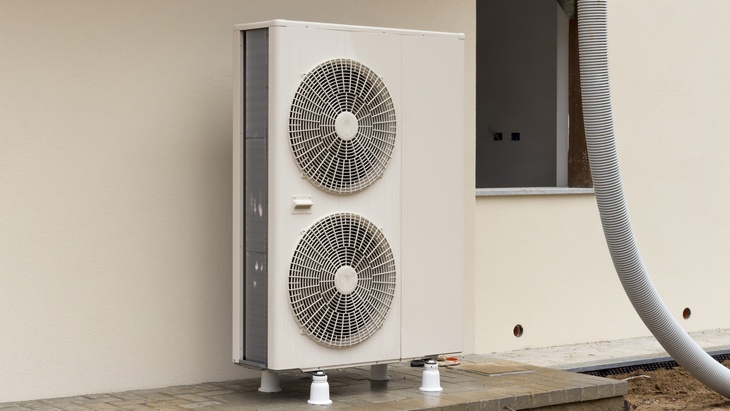The Impact of Climate on Heat Pump Performance
When it comes to selecting a heat pump system for your house, understanding the differences between air source and ground source heat pump (tepelné čerpadlo) is essential. Both provide energy-efficient heating and cooling solutions however they function differently and come with different sets of advantages and aspects to take into consideration.
Air Source Heat Pumps (ASHPs) extract energy from the outside air and bring it into your home. They are efficient even in colder climates although their effectiveness may decrease when temperatures drop. ASHPs are generally easier and cheaper to install compared to ground source heat pumps. Their installation involves placing a unit outside your home and connecting them to your heater, which is a simpler option if you are limited in space or want more compact options.
The most significant benefit of ASHPs is their lower initial cost and simpler installation process. They also aren’t affected by the availability of land, making the ideal choice for urban or suburban settings where space is limited. But their effectiveness could be affected by extreme cold temperatures, and they might need an alternative heating system for extremely cold conditions.
Ground Source Heat Pumps (GSHPs) are on the other hand, take heat from the earth through a system of buried pipes. These systems use the ground’s steady temperature to provide consistent heating and cooling all through the entire year. These systems are well-known for their high efficiency and lower operating costs, as the ground temperature remains relatively constant irrespective of the weather above it.
Although GSHPs are more efficient and reliable at extreme temperatures however, their installation is complicated and costly. The process involves digging trenches or drilling boreholes to lay underground pipes, which could be invasive and requires sufficient surface area. This means that the initial investment for GSHPs is more expensive, however the long-term savings on energy costs and reduced environmental impact of GSHPs often justifies the cost.
Deciding between ASHPs and GHPs is contingent on a variety of factors, including your climate, available space and budget, as well as your the long-term goals for energy. If you’re in a region that experiences mild winters and little space in your home, an ASHP may be a practical and economical option. If you’re blessed with lots of land and would like a system that provides consistent effectiveness throughout the year, a GSHP is a good option.
In the end, both air source and ground source heat pumps provide substantial energy savings and environmental advantages. Assessing your specific requirements, budget, and the climate of your area will allow you to make an informed decision and pick the system that best fits your home and lifestyle.


